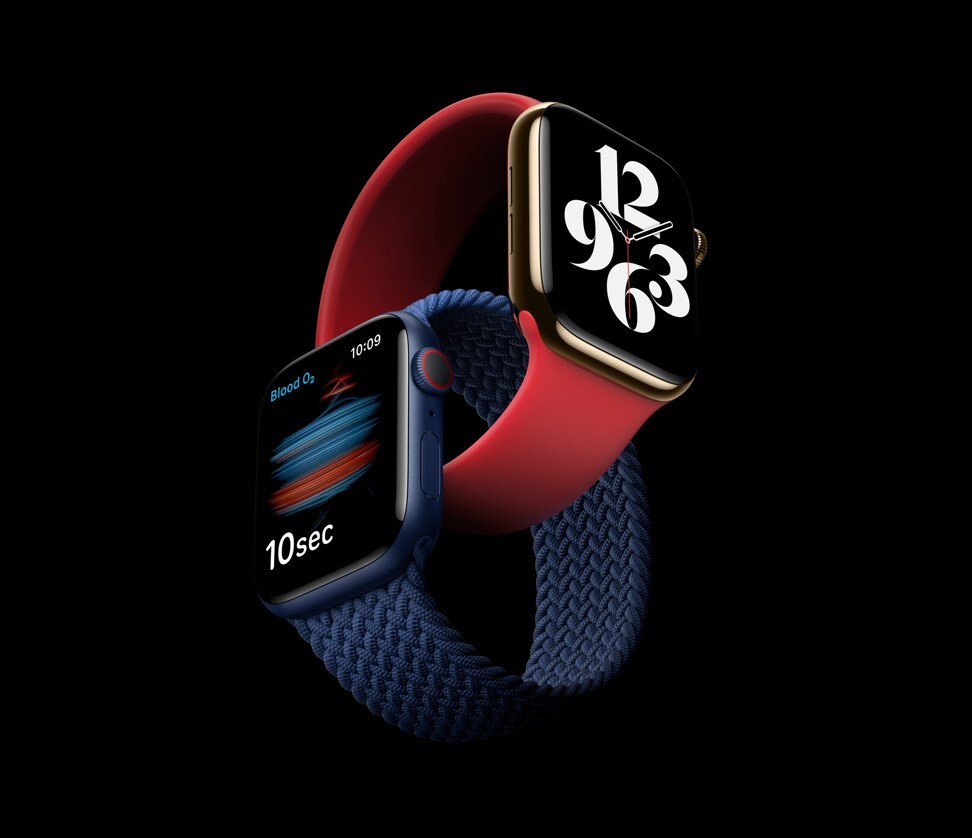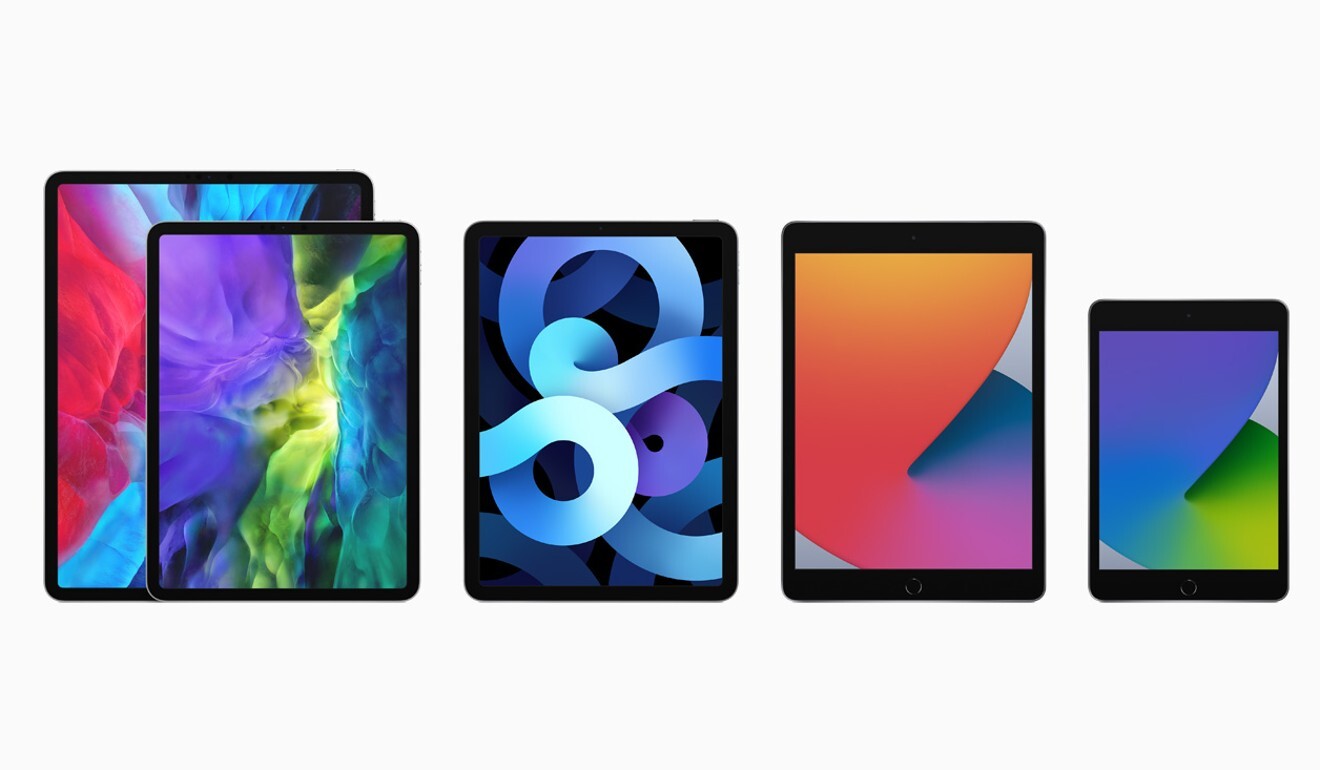
Without the iPhone 12, Apple’s new product announcements make for the ‘most boring event ever’, say Chinese netizens
- Apple announced new iPads and Apple Watches at this year’s September event, but no new iPhone
- Chinese netizens excited about the iPhone 12 complained about the event and lacklustre upgrades to existing products
For the first time since 2011, Apple did not announce a new iPhone at its annual September event. The phone’s absence had already been reported in advance, so it’s not a complete surprise. But in China, it still caught some netizens off guard.
On the microblogging site Weibo, the hashtags “#iPhone 12 wasn’t announced” and “#Apple event doesn’t have Phone 12” were trending for hours. Many users complained that they have been waiting a long time for a new phone and asked why Apple didn’t announce one. But some also said they expected it based on how much discussion of the iPhone 12 they saw on social media recently.
Like so many other things this year, the new iPhone’s launch was delayed because of the coronavirus pandemic. The iPhone 12 could launch in October, Bloomberg reported.
But without a new iPhone ready, many netizens called Apple’s unveiling on Tuesday the company’s “most boring event ever”. This is despite the fact that the hour-long live stream saw Apple show off the new Apple Watch Series 6, Apple Watch SE, iPad Air 4 and iPad 8. It looks like many people were just waiting around for an iPhone that never came.
“It’s like right after you finished your appetiser, the waiter came to collect the check and clean up your table,” one WeChat user wrote in a popular blog post.
“Where’s my phone??? Where’s the phone???” another WeChat user frantically asked under an article about the event.
Of the several new products Apple did announce, Chinese netizens didn’t seem that excited about any of them. Apple spent nearly 40 minutes introducing thew new Apple Watches, boasting about the “breakthrough” wellness and fitness features in the Series 6.

Other new features aren’t actually that new in China. Features like blood oxygen monitoring and “Family Setup”, which allows parents to keep track of their children’s whereabouts, are already available on Chinese wearables.
“Might as well say that it launched an Apple Xiaotiancai watch,” reads one popular comment on Weibo.
Others compared the new Apple Watch to recent Huawei wearables. The GT 2 Pro smartwatch and the TalkBand B6 wristband can both test blood oxygen levels.

Apple might be hoping that an upgrade to its most affordable tablet can help give it a boost. But people on Chinese social media don’t seem impressed by the iPad 8. The tablet’s only major upgrade is the chipset, which now uses the A12 Bionic.
Otherwise, the iPad has kept the classic design with Touch ID built into the home button (still no Face ID) and the same non-laminated display that makes it thicker than Apple’s other tablets. The starting US$329 model also comes with just 32GB of storage.
In a harsh response, one Weibo user posted, “I want to ask, now that it’s already 2020, does the 32G iPad that Apple just announced count as electronic waste?”

